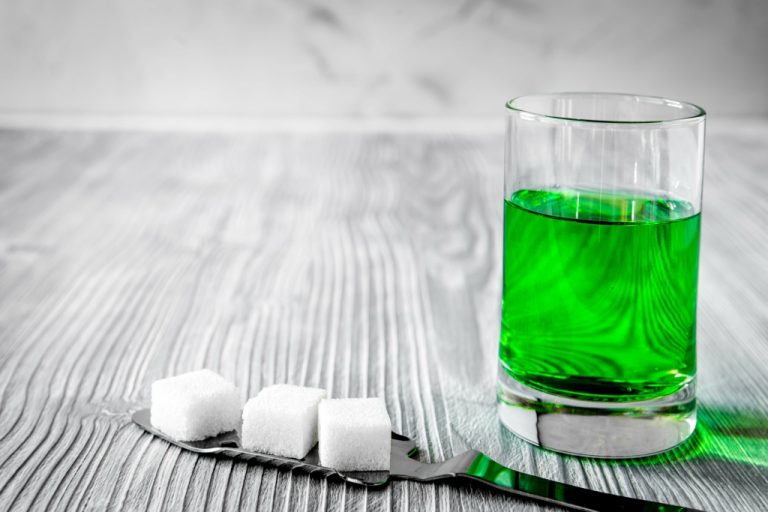Content
A “freelapse”, on the other hand, is the colloquial term for an accidental relapse that happens when a person unintentionally uses drugs or alcohol. This could happen when they mistakenly drink alcohol thinking they alcohol relapse were being given a non-alcoholic beverage at a party. Loneliness can also be linked to high-risk behaviors such as substance abuse, and therefore, having a support system is a key component of avoiding relapse.

When people enter treatment, addiction has often caused serious consequences in their lives, possibly disrupting their health and how they function in their family lives, at work, and in the community. Different types of medications may be useful at different stages of treatment to help a patient stop abusing drugs, stay in treatment, and avoid relapse. While relapse is a normal part of recovery, for some drugs, it can be very dangerous—even deadly. https://ecosoberhouse.com/article/social-drinking-and-drinking-problem/ If a person uses as much of the drug as they did before quitting, they can easily overdose because their bodies are no longer adapted to their previous level of drug exposure. An overdose happens when the person uses enough of a drug to produce uncomfortable feelings, life-threatening symptoms, or death. Like treatment for other chronic diseases such as heart disease or asthma, addiction treatment is not a cure, but a way of managing the condition.
Alcohol Relapse Rates & Abstinence Statistics
Helping clients avoid high-risk situations is an important goal of therapy. Clinical experience has shown that individuals have a hard time identifying their high-risk situations and believing that they are high-risk. Sometimes they think that avoiding high-risk situations is a sign of weakness.
- These findings have clear clinical relevance from a treatment perspective.
- We usually experience failures along the way, learn from them, and then keep going.
- Emotions may prompt thoughts of using but so can external cues or stimuli.
- Tapering off alcohol helps some people start their recovery journeys.
- This means stress can lead to cravings, which can lead to a relapse.
- This means making time for eating, sleeping, and having fun, as well as behaving kind enough toward yourself that you permit yourself these necessities.
It’s common for the first symptoms to appear within a few hours after your last drink. Tapering helps people stop using alcohol and other substances in small and manageable steps. This can help your body adjust, and it can be easier to manage than quitting cold turkey. The idea behind these rules is that it requires honesty and the ability to understand the nature of addiction and what that looks like for you. Another immediate need you should fulfill following a relapse is a safe living environment. If your living arrangements are neither safe nor conducive to recovery, please consider alternative arrangements.
Is Relapse Part of Recovery?
As part of their all-or-nothing thinking, they assume that change means they must change everything in their lives. It helps them to know that there is usually only a small percent of their lives that needs to be changed. It can also be assuring to know that most people have the same problems and need to make similar changes.
Yet, preventing a relapse isn’t always possible, regardless of the treatment you received and techniques you applied. But know that you’re not alone; relapse may occur once or several times following treatment. When they do occur, additional treatment measures should be considered. Remember, you are an important part of the treatment team with enormous power to do good for your loved one. Taking these steps can help make their long-term recovery a reality. 3In operant procedures, animals must first perform certain response (e.g., press a lever) before they receive a stimulus (e.g., a small amount of alcohol).